Red Bull has elected to impose an abrupt end to Christian Horner’s decorated – and more recently contentious – two-decade reign leading the group’s Formula 1 team in a move which appears designed to minimise the chances that Max Verstappen opts to leave instead.
Horner’s bombshell dismissal comes amid the revelation that Verstappen’s entourage has been engaged in renewed discussions with Mercedes regarding a potential move.
When probed on the matter during a packed media session at Silverstone last week, Verstappen was in no mood to validate whether he had authorised talks to be held. But despite soon reiterating his desire to conclude his F1 career with Red Bull, the Dutchman could not provide a guarantee that he would remain with the team come 2026.
That opposed how he managed an identical situation 12 months ago when he shut down the speculation that he could succeed the Ferrari-bound Lewis Hamilton at Mercedes.
Verstappen declining the chance to put a stop to the mounting rumours suggested that there is some truth to the reports that he harbours growing doubts about seeing through his Red Bull contract up until 2028.
However, there has also been the sense that the Verstappen camp has capitalised on the interest that has been purported elsewhere to pressure the Red Bull shareholders into disbanding the autonomous ship Horner ran.
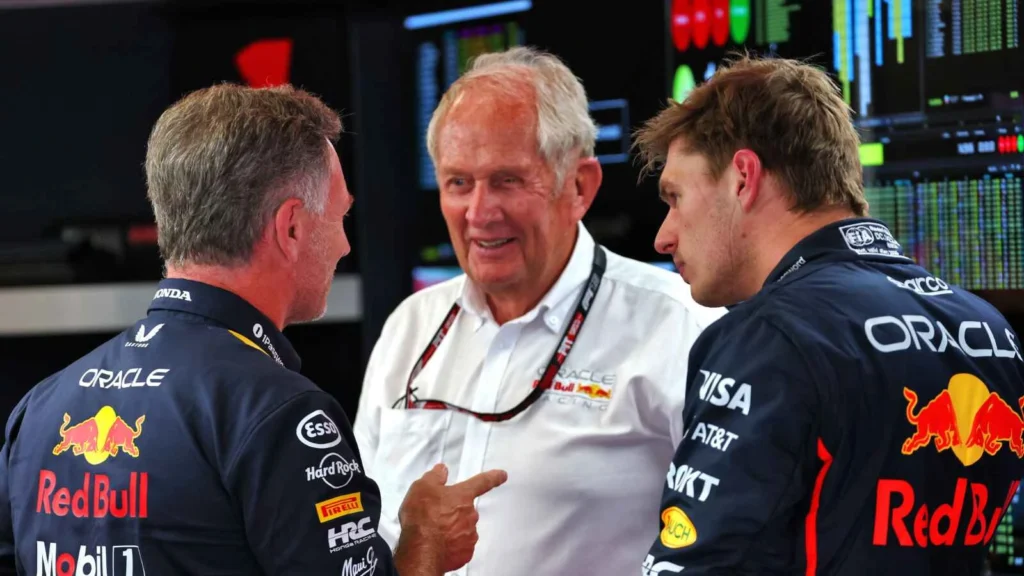
There has been visible unease between the two parties over the past 18 months, dating back to when an internal probe was launched into allegations that Horner had behaved inappropriately towards a female colleague.
Horner would later be exonerated, but that created an irreparable divide between the now ex-Red Bull boss and Jos Verstappen, who claimed the team would crumble unless an immediate change at the top was issued.
But while Horner remained in his place and the tension alleviated as Verstappen sealed his fourth consecutive Drivers’ title in 2024, there was the overriding sense that Red Bull’s reign as the top team was at an end.
The power struggle that ensued within the team culminated in esteemed design genius Adrian Newey departing to Aston Martin, while long-time Sporting Director Jonathan Wheatley, who would have been a certain candidate to succeed Horner, also vacated his role to head up Sauber’s impending transition into Audi’s inaugural F1 operation.
Those departures coincided with Red Bull’s competitiveness on track regressing at an alarming rate during the previous campaign to the point where Verstappen, who had been victorious seven times in the first 10 races, sustained a 10-round winless run.
Verstappen was aggrieved that Red Bull had not listened to his complaints about the RB when he was continuing to dominate races as he started to become susceptible to the exact issues that had plagued then team-mate Sergio Perez during the team’s record-breaking run to 21 wins in 22 races in 2023.
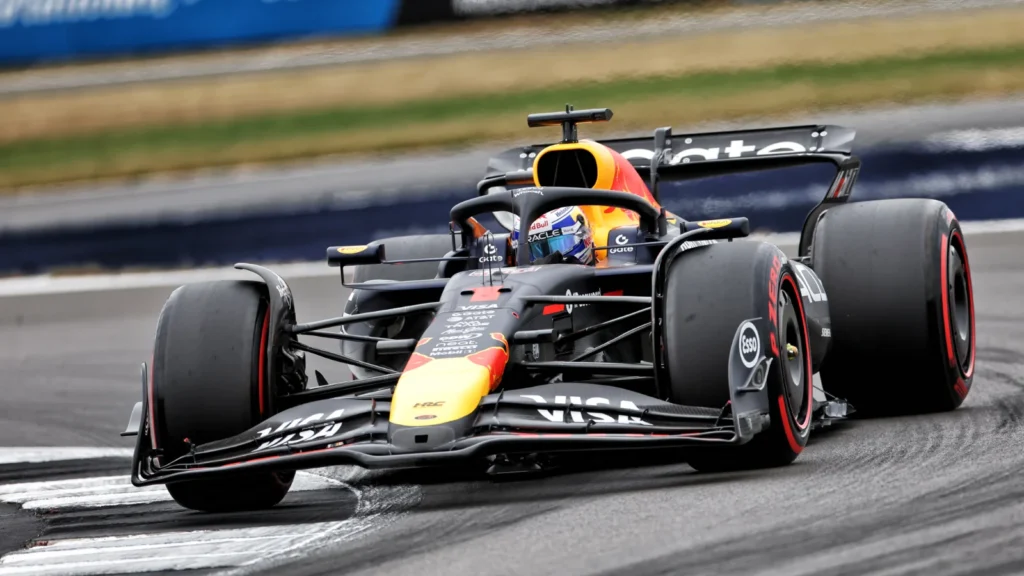
Red Bull has made progress in that regard as the RB21 has been a more driveable machine than the capricious title-winning predecessor in Verstappen’s hands, though that has not been enough to rival McLaren’s leading pace.
Verstappen has continued to thrive as his exploits have delivered Red Bull victories in Suzuka and Imola, but such moments have been sandwiched between less productive outings that have strained the partnership.
The most prominent incident occurred in Bahrain, where Verstappen contended that he had lapped slower than he did in 2024 as he laboured home in a distant eighth place. According to respected pit lane reporter Ted Kravitz, that caused a heated exchange to take place post-race between Verstappen’s long-time manager, Raymond Vermeulen, and Red Bull senior advisor Helmut Marko.
Still, Horner’s position seemed to be secure as long as he preserved the backing that majority Red Bull shareholder Chalerm Yoovidhya had placed in him during the most turbulent period that the team has endured.
Horner suggested that he had no inclination that he was about to be ousted during his last public media appearance at the British Grand Prix when he was probed on whether McLaren’s success could give Red Bull an incentive to consider revising the structure.
“I think every team structure is different,” he told media including Motorsport Week. “The role of a Team Principal in different teams, whilst the job title carries the name, the definition of the role is very different.
“McLaren have activities in IndyCar, in sports cars, across a whole host of different activities. At Red Bull Racing, I have a clear structure that reports into me, similar to probably Andy [Cowell, Aston Martin boss] does or Toto Wolff does, where you have the main faculties that report into me. Pierre Wache [Red Bull Technical Director] probably performs 80 per cent of the role that perhaps Andrea [Stella] does at McLaren.”
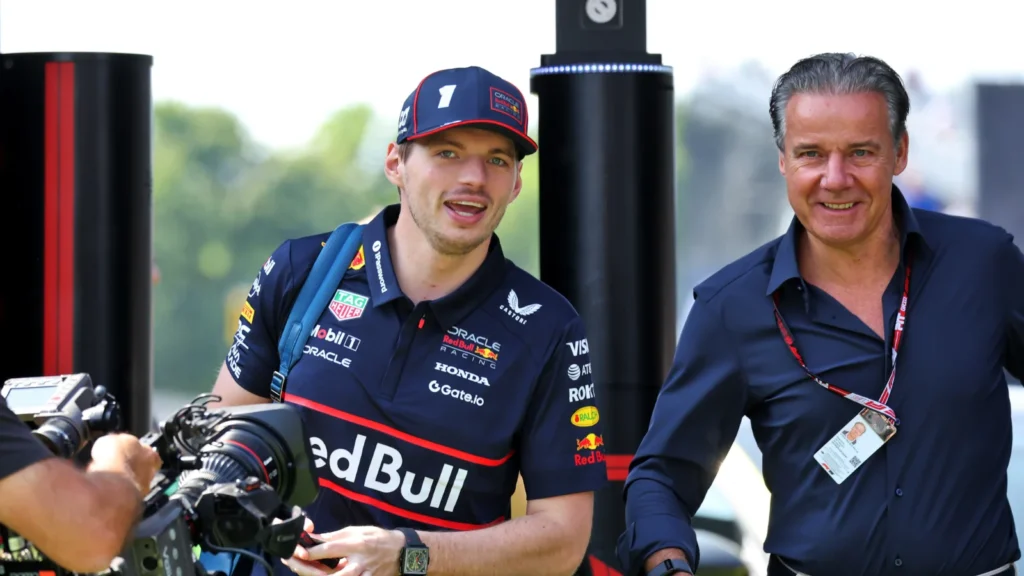
The press release announcing Horner’s dismissal also comprised the news that Laurent Mekies, who had overseen satellite squad Racing Bulls since the 2023 season, has been appointed the new Red Bull CEO.
That indicates the Red Bull board, including Yoovidhya, were in mutual agreement that an amendment to how the F1 team is run was needed – one that Horner wouldn’t support.
The timing comes as Red Bull’s attention on the impending regulation change in 2026 – when the team will compete with an engine built in-house – now stands at “90 per cent”.
Red Bull going into that exciting new venture without Verstappen in the team would be catastrophic, and is a scenario that was becoming increasingly more plausible with Mercedes lingering and Horner at the helm.
Horner’s removal has not provided an assurance that Verstappen will remain with Red Bull should the exit clauses prevalent in his deal with the team become active and there is an alternative proposal on the table.
But with Horner no longer involved, the prospect that Verstappen has the patience to see how Red Bull evolves under F1’s new era has been bolstered with a changed regime.
READ MORE – Christian Horner sacked by Red Bull, Laurent Mekies named new CEO
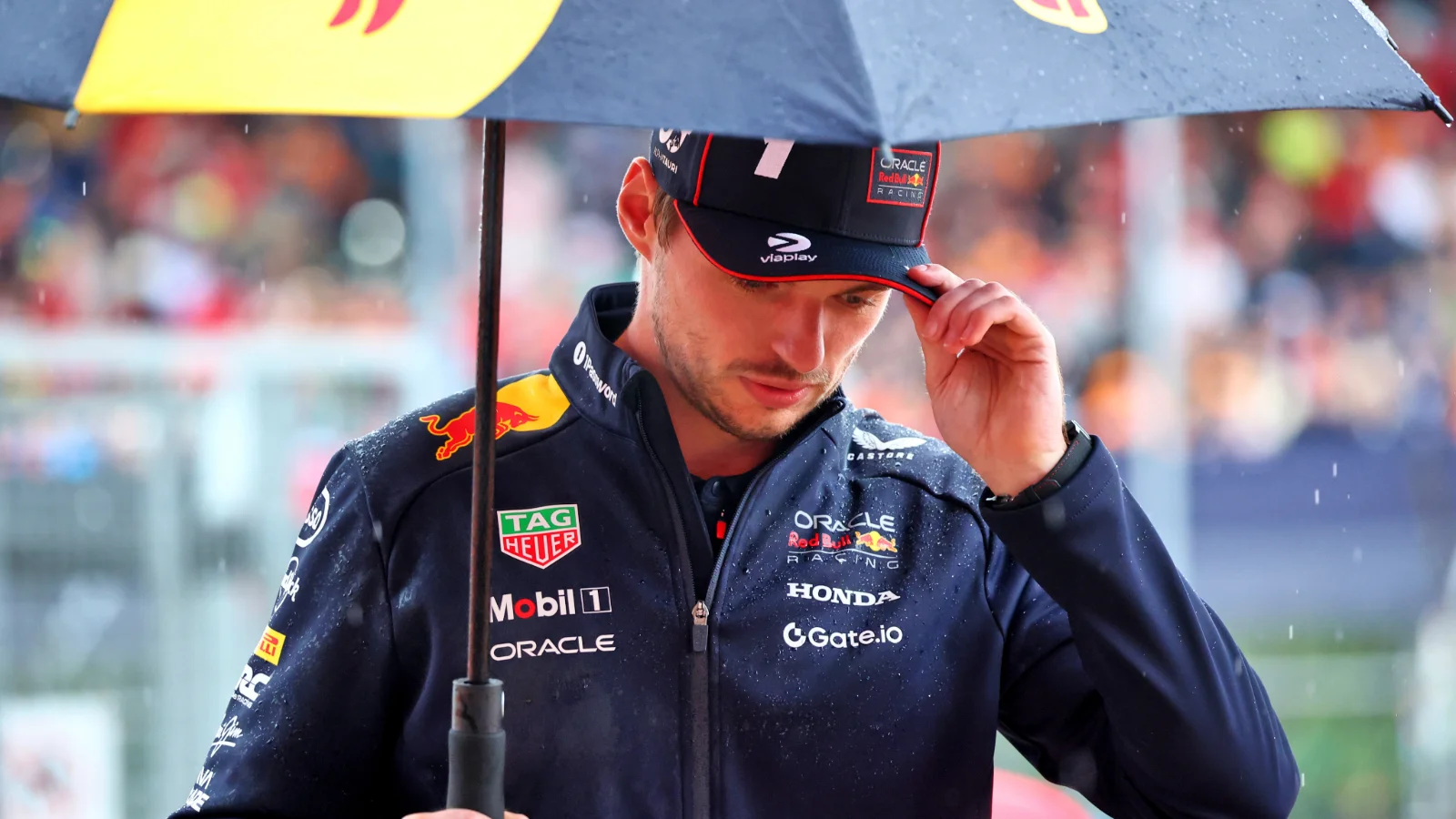


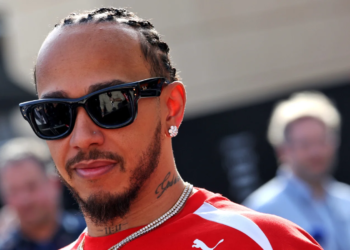
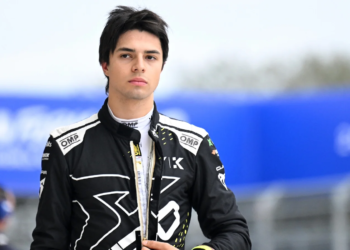
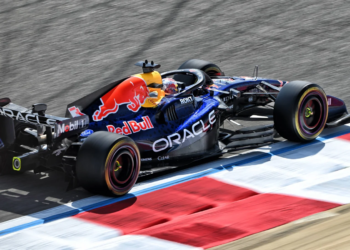
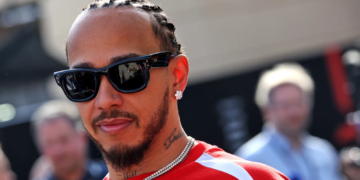
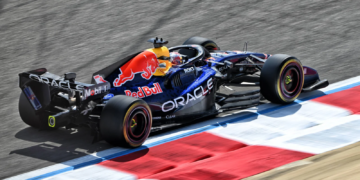
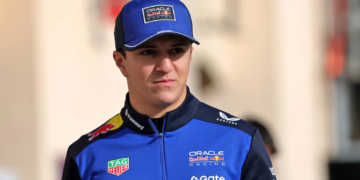
Discussion about this post